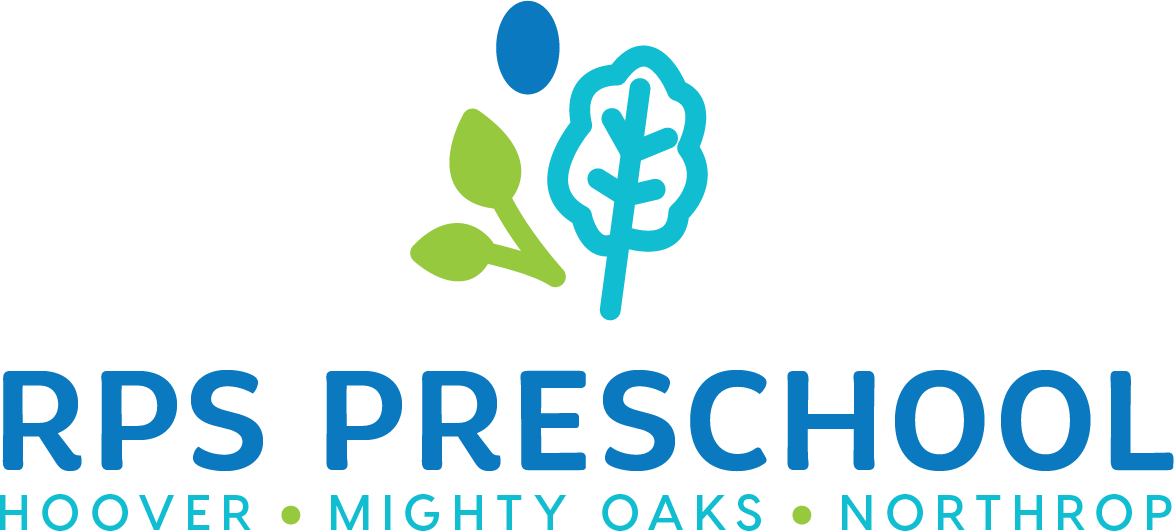“Mom, how do you spell uncle?”
“Mom, what letters are in ‘pirate’?”
“Mom, how do you write ‘To: Grandma, From: me’?”
Starting when my oldest turned about four years old, I heard and answered these questions over, and over, and over, and over again. I loved that my daughter was excited about reading and writing, but felt I wasn’t engaging her in learning when I just told her how to spell words. On the other hand, when I stopped spelling them and insisted we “Sound it out” or “Write the first sound,” I didn’t get any better results. In fact, all it got me was a sobbing child who thought she would “NEVER be able to write words!” She desperately wanted to be a grown-up writer, right now!
February is I Love to Read Month across the country, a time where we celebrate the adventures to be had inside the covers of books. Just this morning, I traveled to Madrid with Ferdinand, to Grandma’s house with Little Red Riding Hood, and to Boston with Mr. and Mrs. Mallard. My morning world-travel would not have been possible without the talent and effort of authors, and even the youngest among us are already authors at heart, with creativity that would rival Eric Carle’s or Mo Willem’s. We, as adults in their lives, can and should scribe the tales they have to tell, but how exactly do they become full-fledged writers of their own?
Research tells us that children go through predictable phases or stages of writing. Here is a quick outline of those stages:
Scribbles - The very first time a child makes marks on a page, points to them, and says “puppy” - they are a writer!
Mock Letters - Somewhere along the way, children notice that letters are different than pictures, but might not have the physical control or letter knowledge to make real letters. They write anyway, with lines/shapes that look sort of like letters!
Random letter strings - As a child learns what real letters look like, they start to string them across the page and tell adults what their series of random letters says.
Semiphonetic - When children know some letter-sound combinations, and start noticing the beginning sound in words, they write messages with the letters they hear.
Phonetic - Once they master their letter-sounds, and start hearing all the sounds in each word, children can write in ways that are increasingly easy to read and understand.
Conventional writing - As they continue learning more words, writing shifts from a process of sounding out each word to a more fluid process using sounds and memorized spelling.
(For a more in-depth look at these, along with links to young children’s writing samples, click here.)
As a preschool teacher, I was the adult that knew about these stages, and I tried to push my daughter through them without any context for her. She didn’t know that there were ways to write other than what she saw her teachers, parents, and grandparents use. So how did I start moving her from refusing to attempt writing without my help to confidently writing independently when she turned 6?
We did two things at home to support her learning at school:
Played with sounds in words - rhyming games, beginning letter games, letter naming games, and more! These are underlying skills that support reading and writing skills. A great series of easy, no prep games that work on these skills can be found on the Reading Rockets website.
I taught her about these stages. I found old papers she scribbled on when she was a toddler and showed her that she was a writer then. When she asked how to spell something, I showed her how to scribble it, how to write the first sound, how to use more sounds, and how to write the “proper” way. Seeing writing as a continuum instead of something that was either “right” or “wrong” was a game-changer for my determined perfectionist.
Whether your child is just starting to make marks on a page (or walls) for fun, or begging to be an author, keep these writing stages in mind. And one day, I hope I can celebrate I Love to Read month with one of their books in my hands because together, we helped their hands give wings to their imaginations - and they soared!
- Laura Trader, RPS Preschool Teacher

